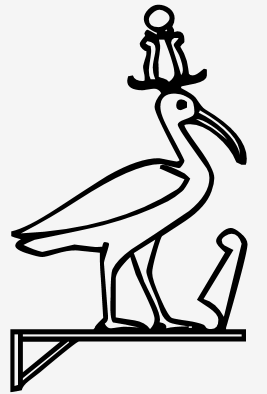- ἀθετεῖ (athetei) – he/she/it rejects, breaks faith with; denies, disproves; despises
- αἱ μήνιγγες (hai mēninges) – the membranes; drums of the ear; membranes enclosing the brain, meninges
- ἄνθος (anthos) – blossom, flower; bloom, eruption; acme, height; brightness, brilliancy
- ἀπαγόμενοι (apagomenoi) – (those) being led away, carried off; brought back; returned; arrested; diverted; received
- ἄρθρον (arthron) – joint; ball or socket of joint; limb; organ; articulation; connecting word (esp. the article)
- δημοκοπική (dēmokopikē) – of or suited to a demagogue (δημοκόπος) (Plato Phaedrus 248e.3)
- ἐνεβίβασεν (enebibasen) – he/she/it set in or on; caused to embark, put on board; led, guided
- ἐρίσει (erisei) – he/she/it will strive, wrangle, quarrel; contend; rival, vie with, challenge
- ἐσόμεθα (esometha) – we will be, will exist
- ζητεῖ (zētei) – he/she/it seeks, searches after, inquires for; investigates, examines; requires, demands
- ἡ ἑβδομάς (hē hebdomas) – the number seven; hebdomad; period of seven days or years
- ἡ πανοπλία (hē panoplia) – the entire suit of armor of a ὁπλίτης; the panoply
- ἱερεῖς (hiereis) – priests, sacrificers, diviners
- ἴσον (ison) – equal, like; even, flat (of ground)
- νόμιμον (nomimon) – conformable to custom, usage, or law; legitimate; observant of law
- οἱ ἵπποι (hoi hippoi) – the horses; the team of horses; the cavalry
- οἱ ὅροι (hoi horoi) – the boundaries, landmarks, limits; standards, measures; terms, conditions
- παρακοήν (parakoēn) – hearsay; misunderstanding; defect of hearing; unwillingness to hear, disobedience
- πικρόν (pikron) – pointed, sharp, keen; pungent; piercing, shrill; bitter; embittered, angry; relentless
- σπήλαια (spēlaia) – grottoes, caverns; privy parts; places behind the scenes (in a theater)
